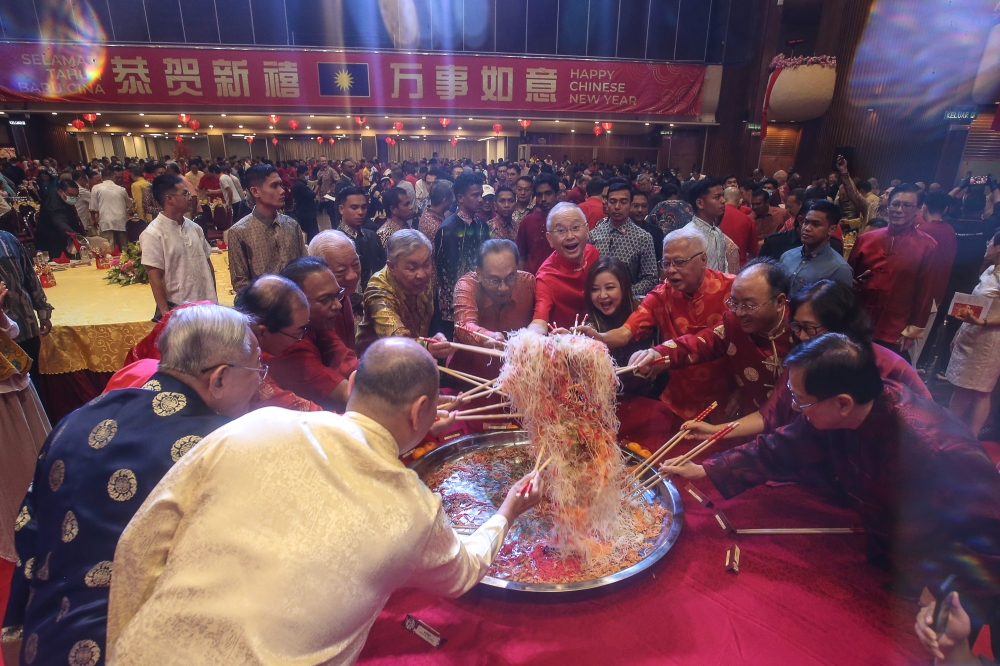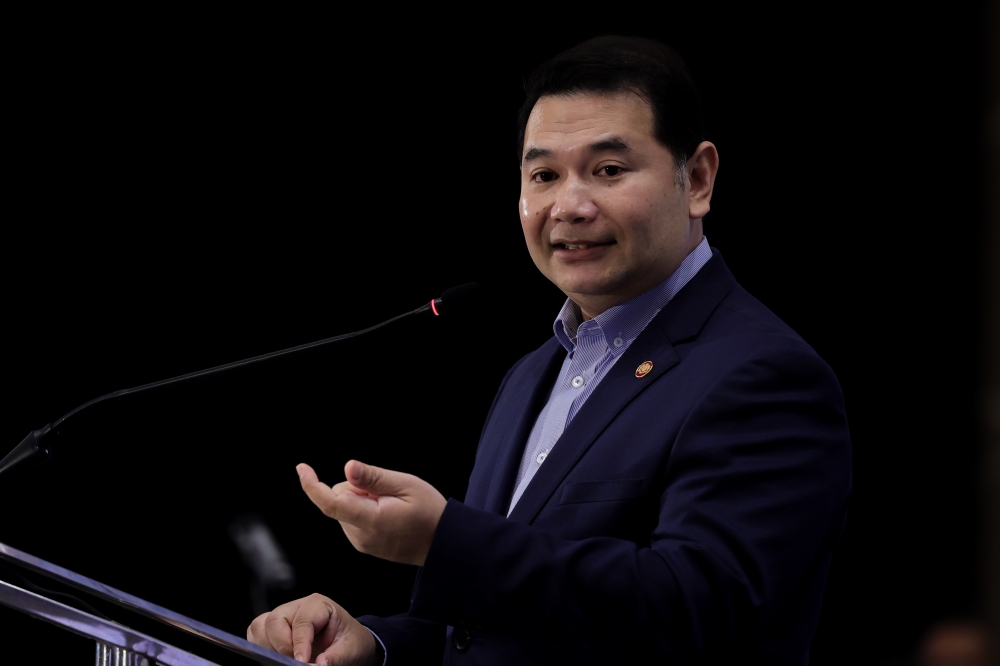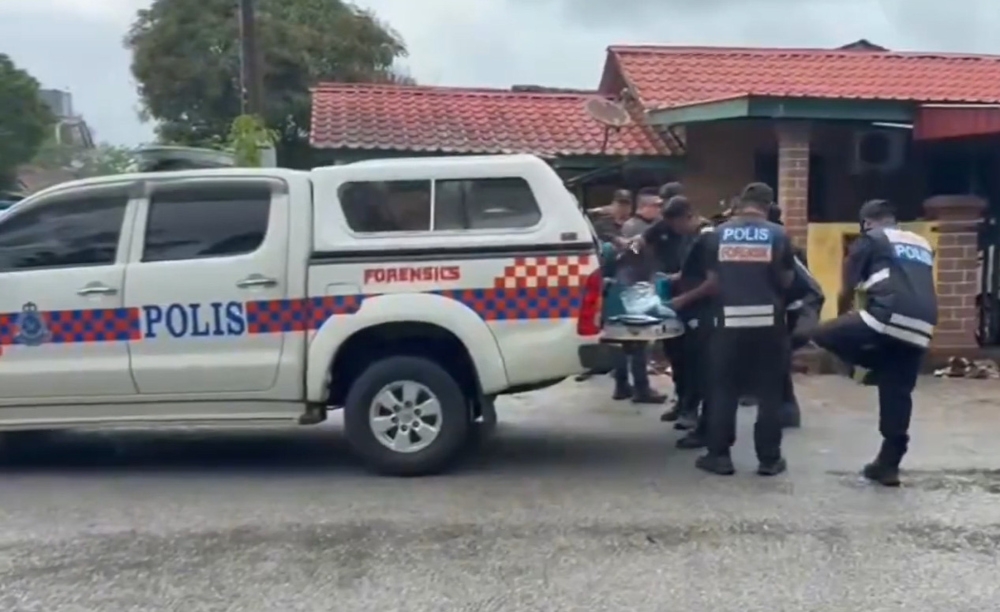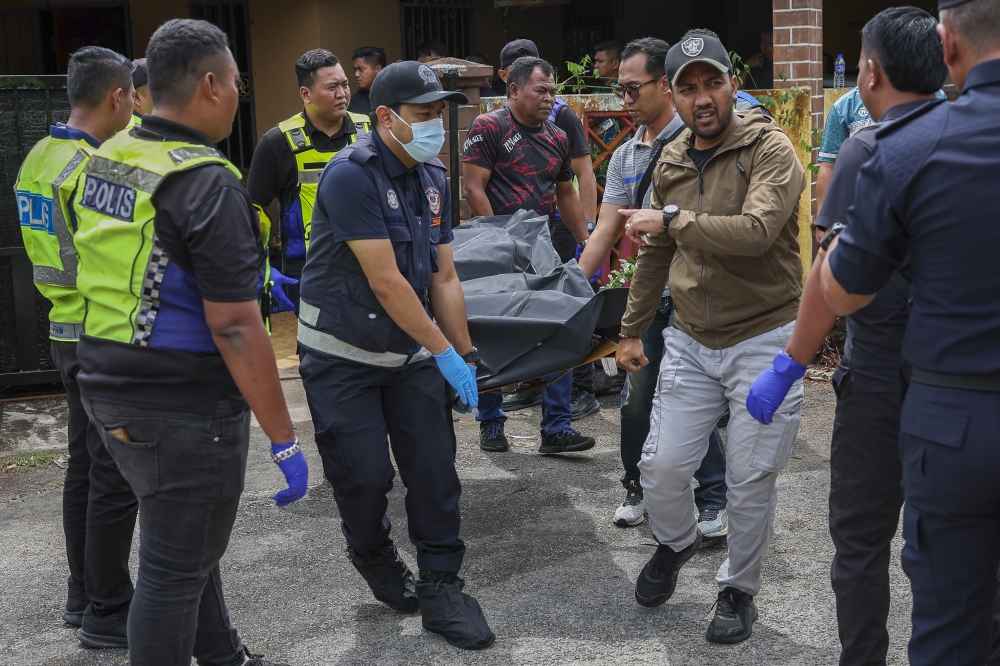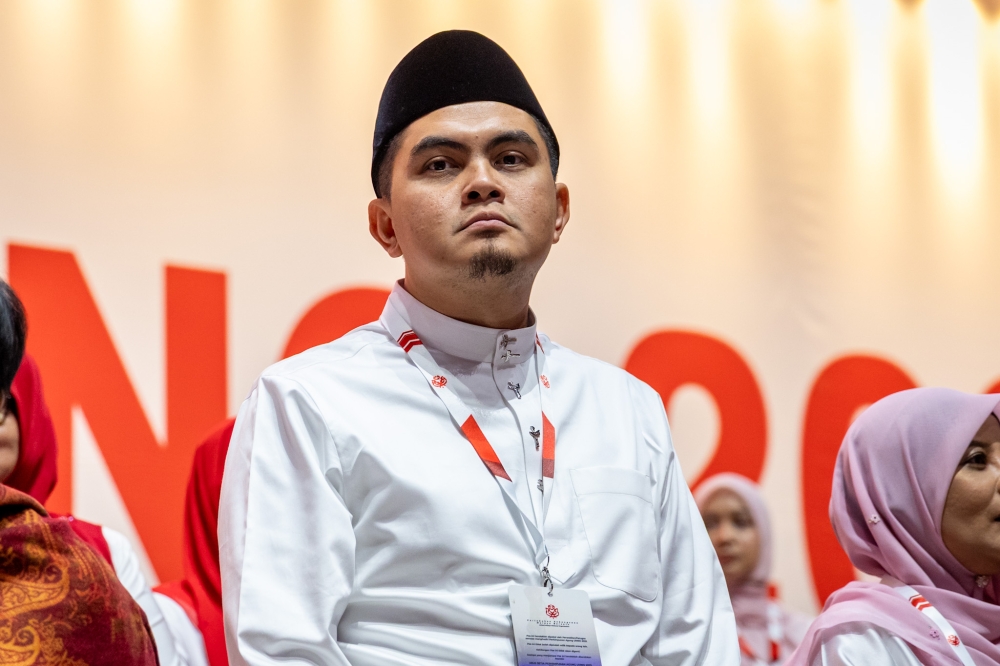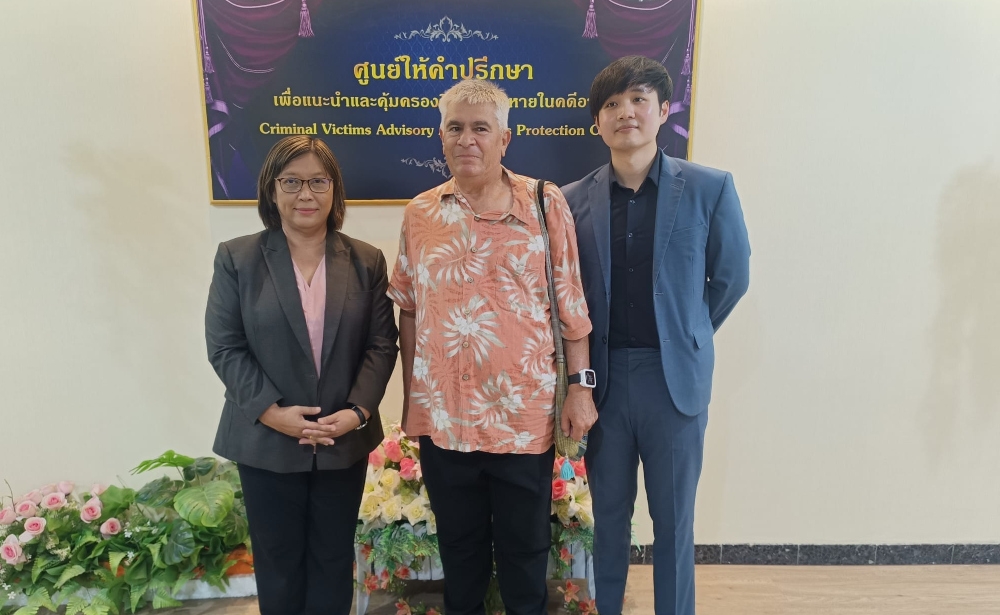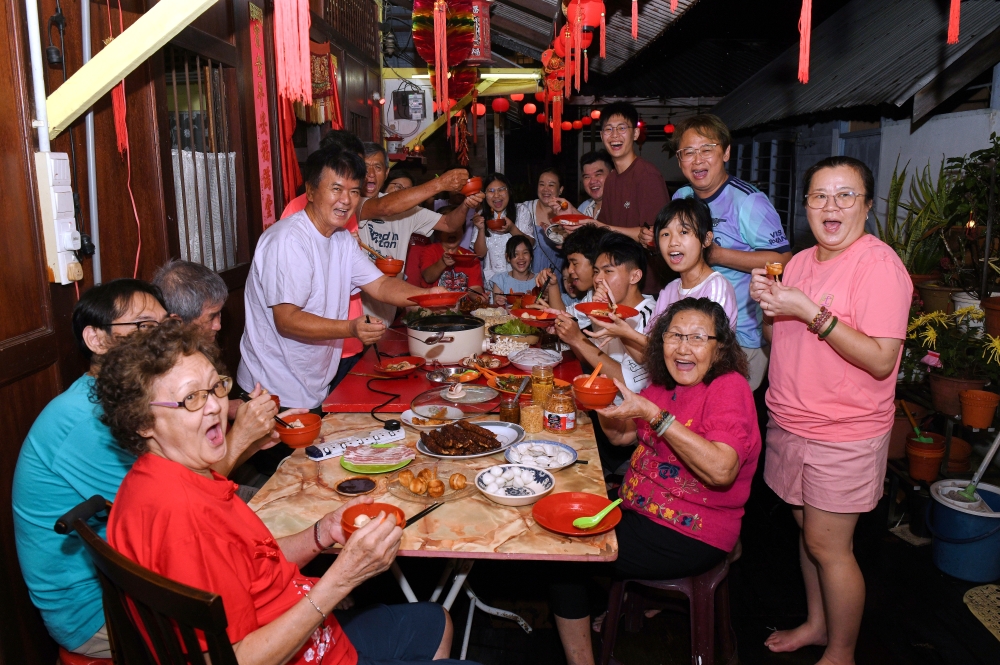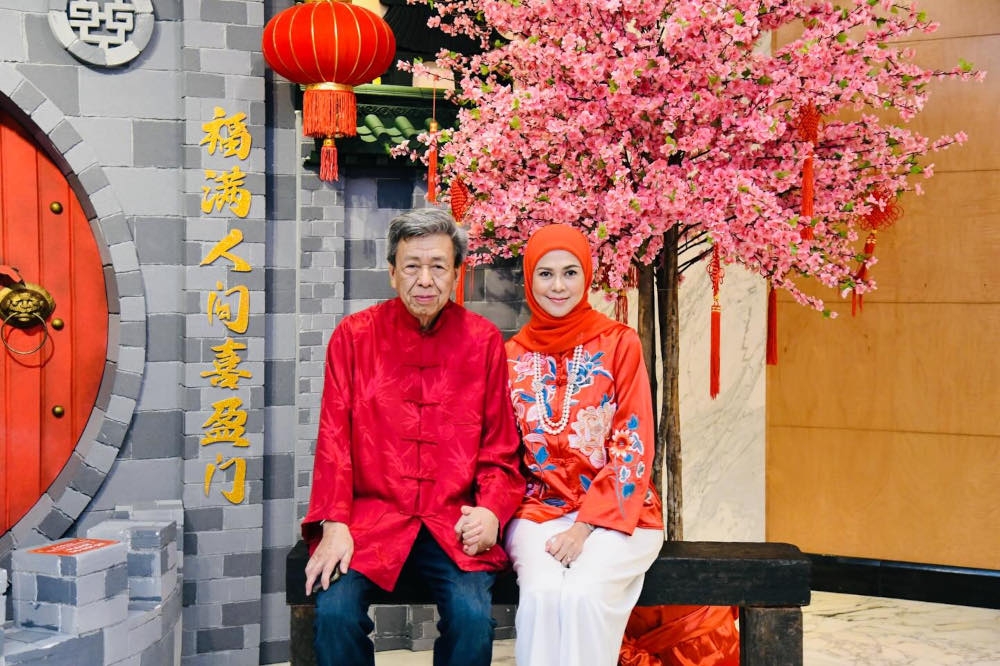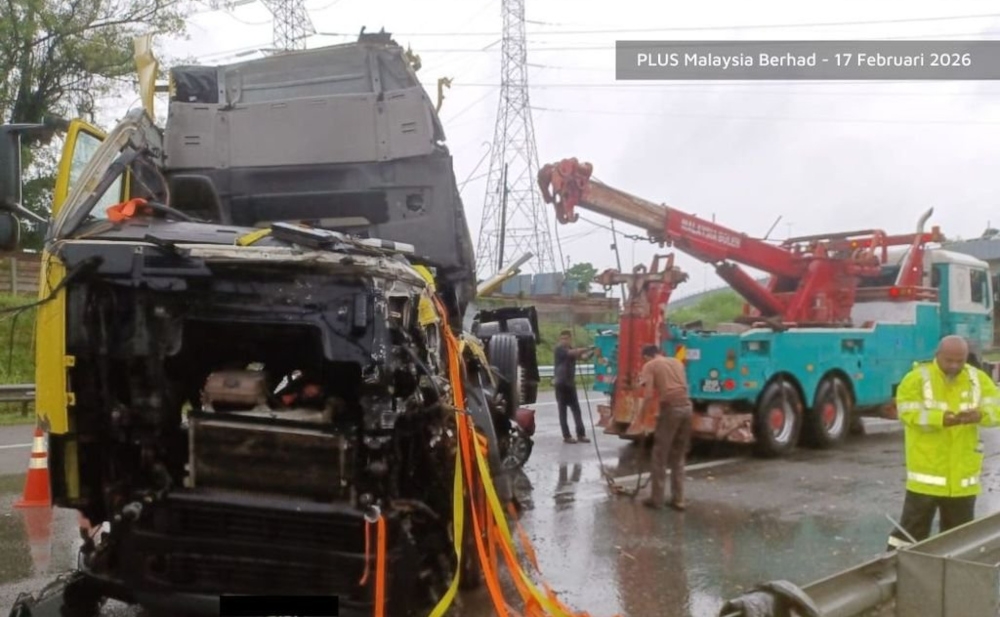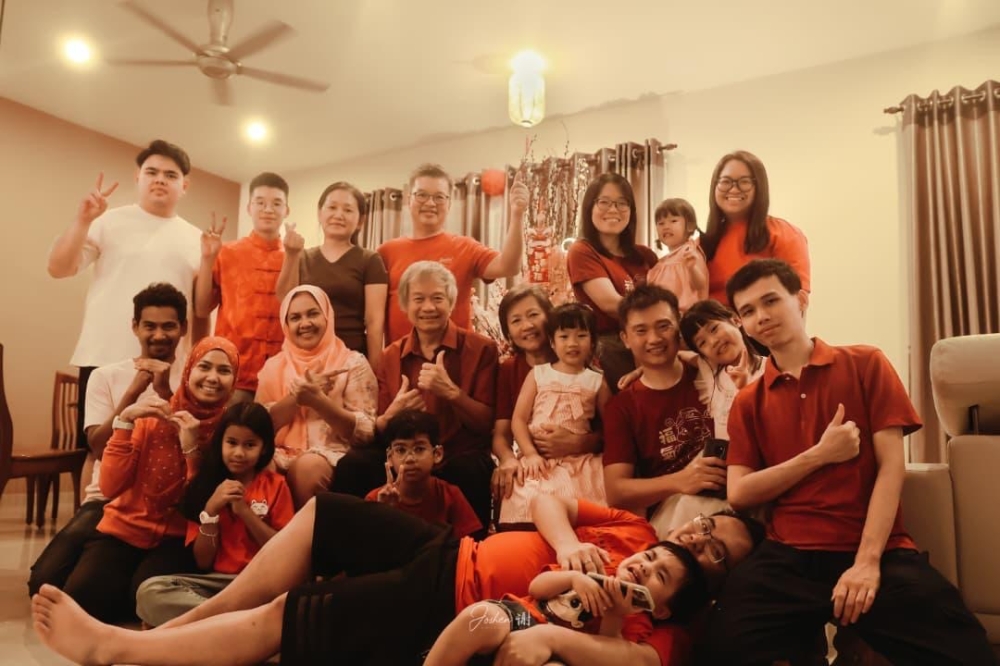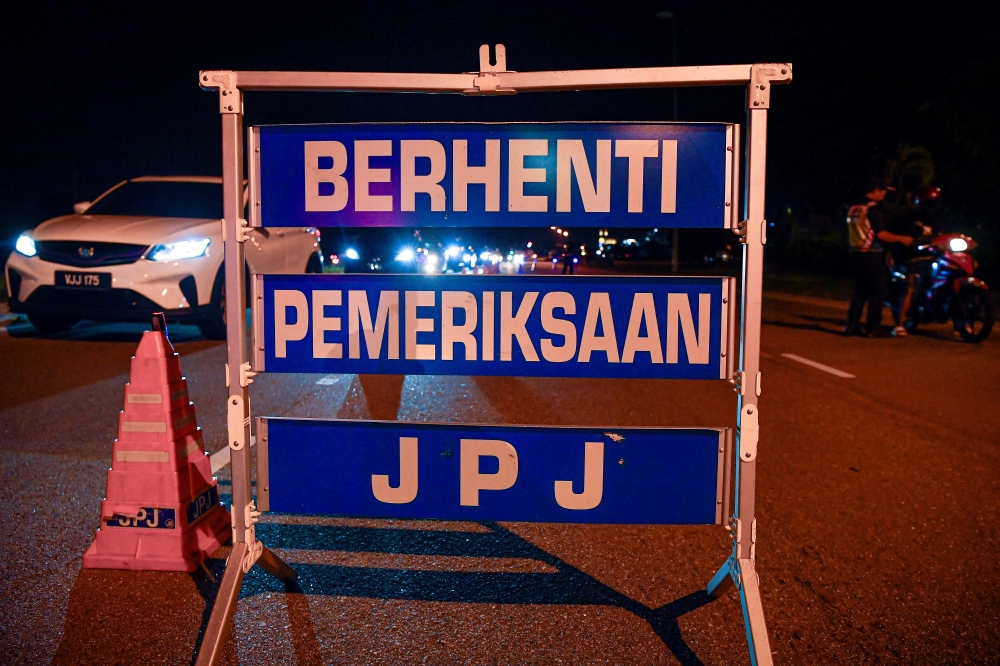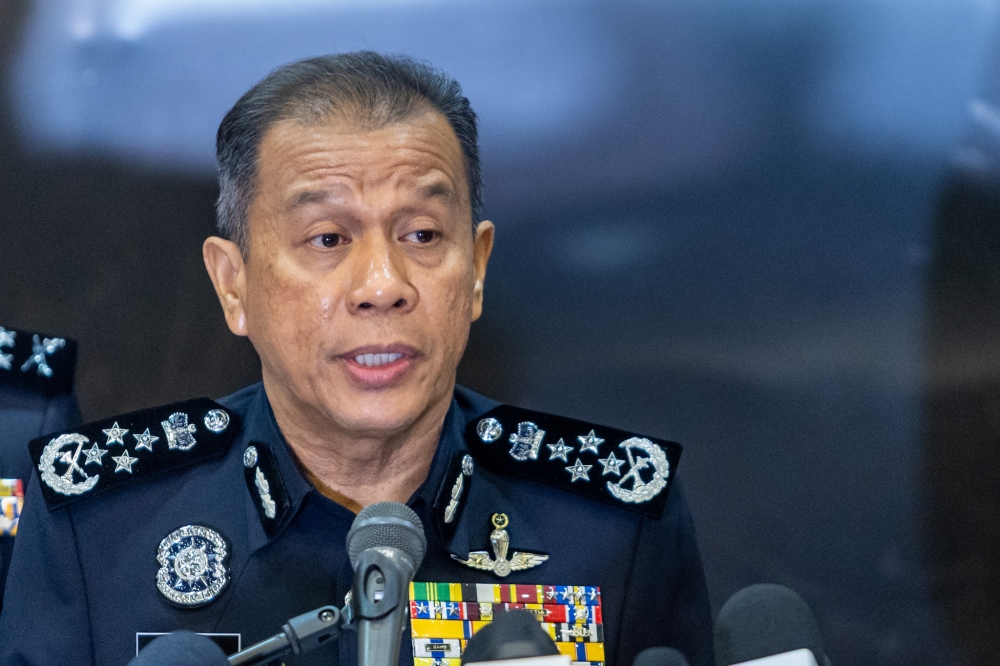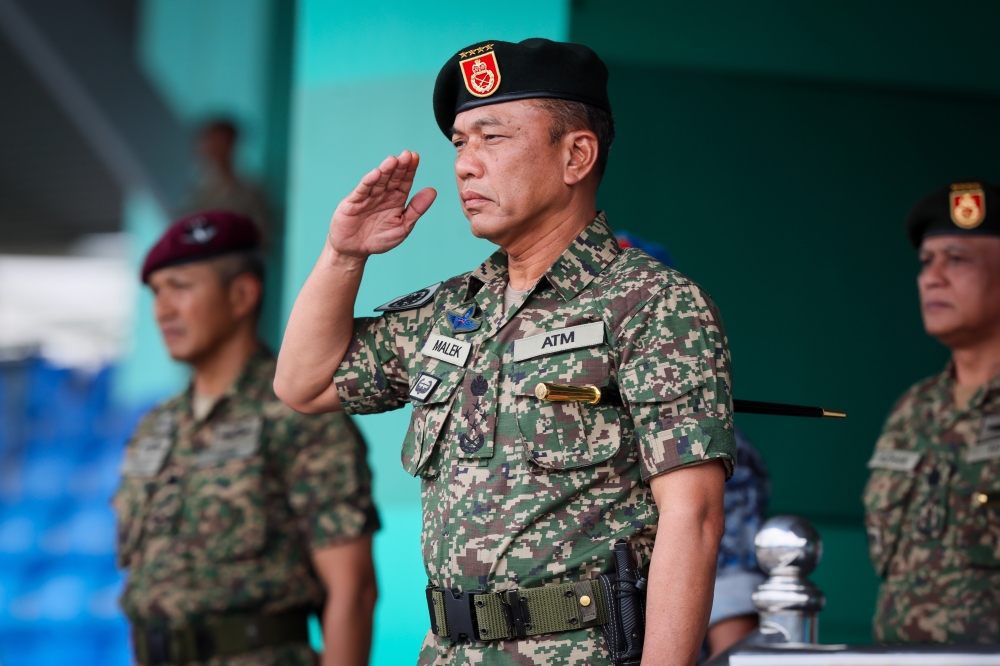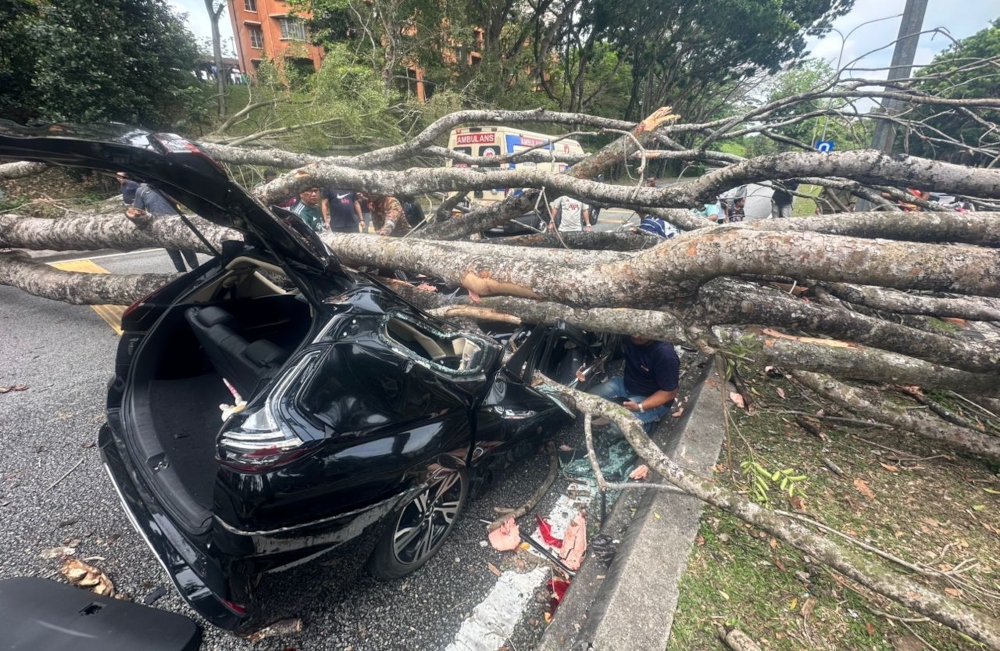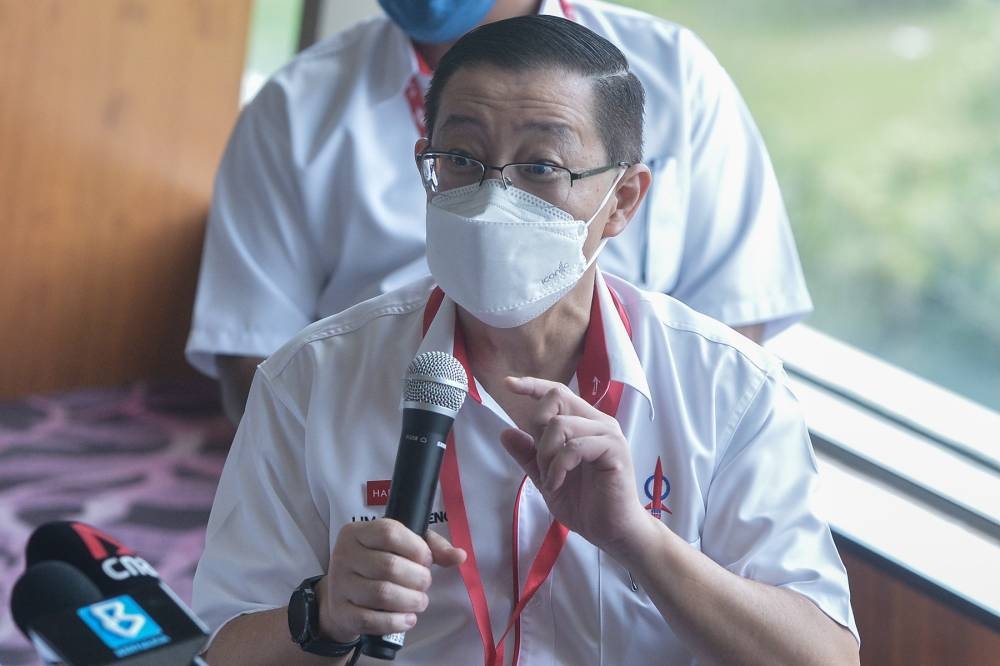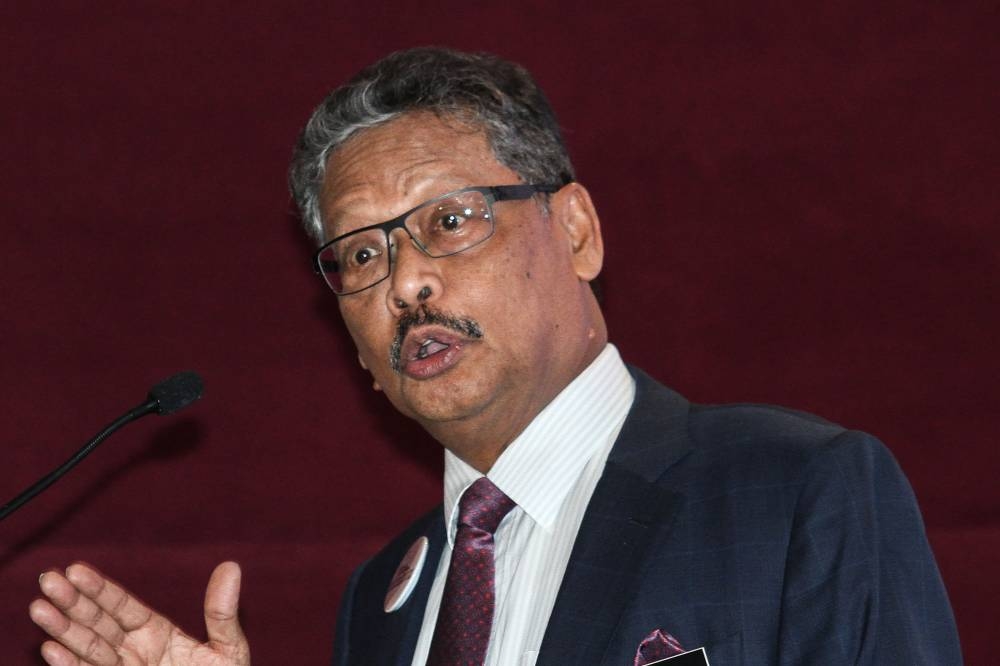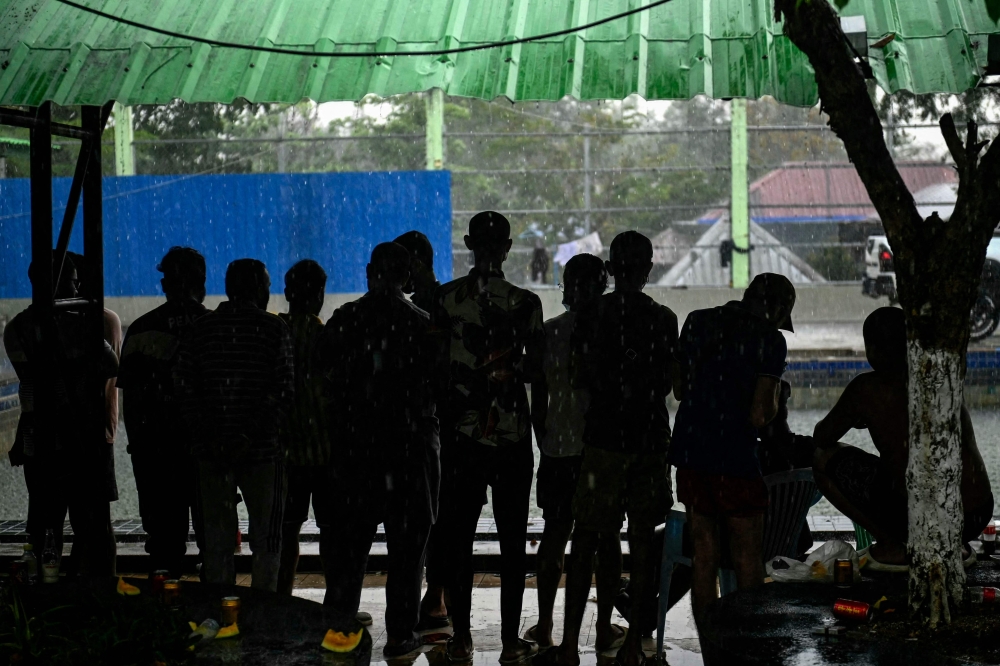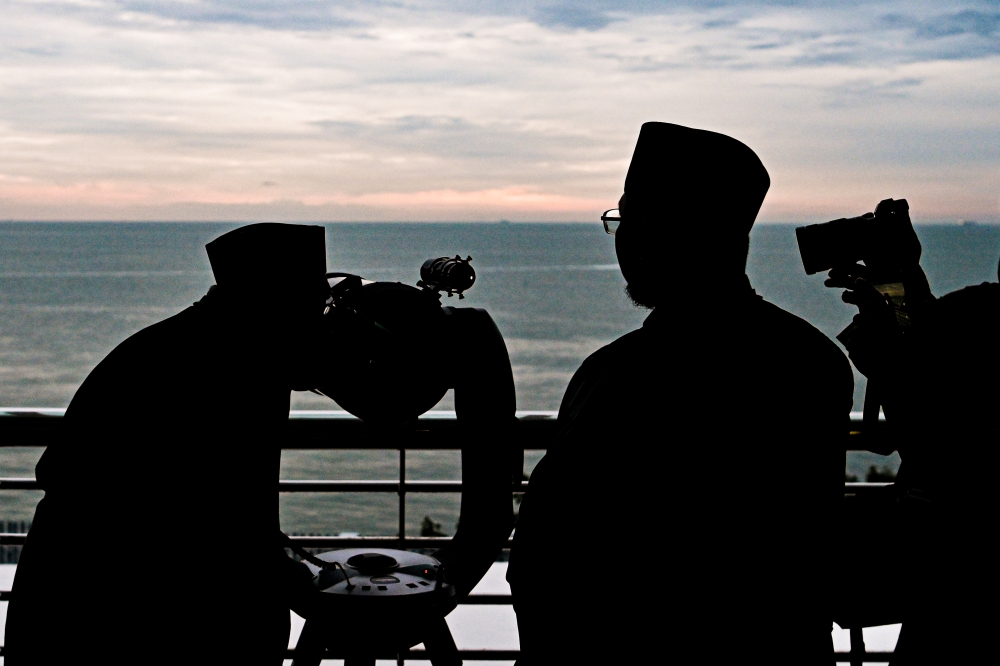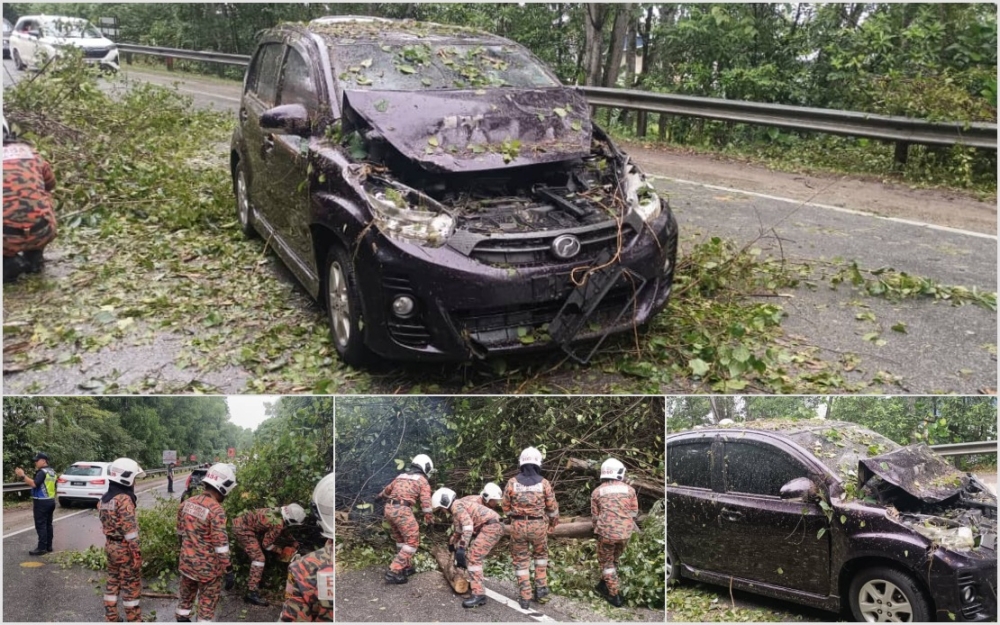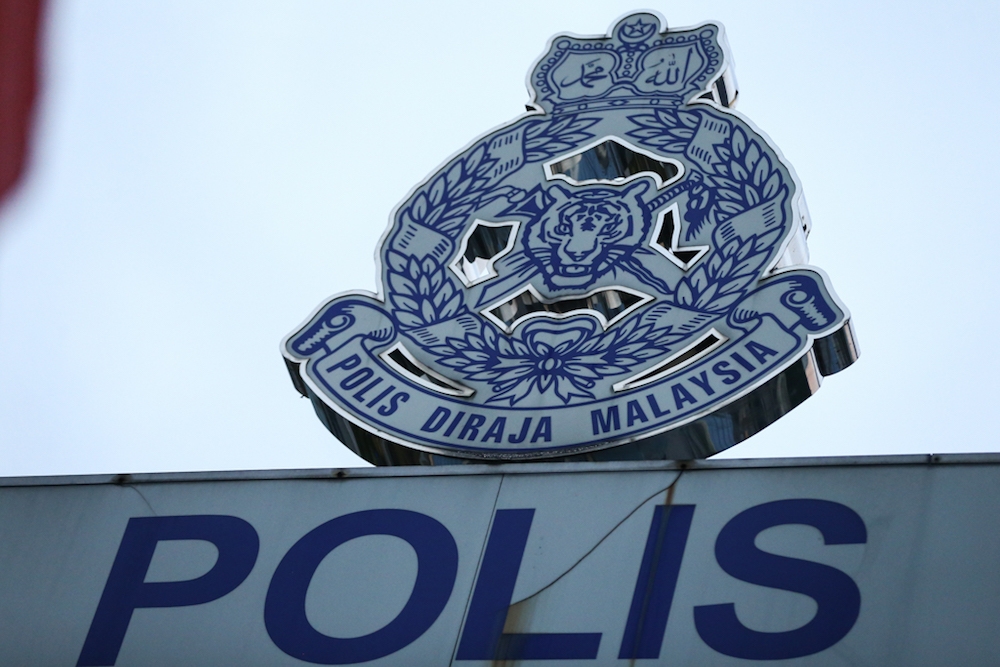JULY 19 — DAP chairman Lim Guan Eng has criticised Attorney General (AG) Tan Sri Idrus Harun for allowing meetings between his Chambers (AGC) with fugitive Low Taek Jho’s — better known as Jho Low — lawyers.
“Idrus is wrong to allow the AGC to meet with Jho Low’s representatives. Instead of hunting Jho Low down, Idrus should explain why the AGC is willing to meet with Jho Low’s representatives.”
The Bagan MP expressed his worries that the AG was sending the wrong message that “Malaysia’s top law officer is willing to deal with crooks and wanted fugitives instead of steadfastly upholding the law without fear or favour.”
Lim has also called on Prime Minister Datuk Seri Ismail Sabri Yaakob to explain if he approved Idrus’ bid to set up meetings between the AGC and other government agencies with Low’s lawyers.
A properly functioning criminal justice system is essential to the maintenance of law and order in a country. This requires fair and effective prosecution.
The AG is the Public Prosecutor (PP). He and his team of prosecutors have the primary duty to uphold the rule of law, the integrity of the criminal justice system and the right to a fair trial, seeking justice within the bounds of the law, not merely to convict.
Prosecutors serve the public interest both by pursuing appropriate criminal charges and by exercising discretion to not pursue criminal charges in appropriate circumstances.
At the same time, prosecutors have the twin duty to respect the constitutional and legal rights of all persons, including suspects and accused persons, who are to be held equal before the law. Prosecutors must abstain from any wrongful discrimination.
No two cases are the same. Every case is unique and must be considered on its own merits. But there are general principles that apply in every case.
When making decisions, prosecutors must be fair and objective. They must not let any personal views about the ethnic or national origin, gender, disability, age, religion or belief, sexual orientation or gender identity of the suspect, defendant, victim or any witness influence their decisions.
Neither must they be motivated by political considerations. Prosecutors must always act in the interests of justice and not solely for the purpose of obtaining a conviction. (See The Code for Crown Prosecutors issued by the Director of Public Prosecutions (DPP) under Section 10 of the Prosecution of Offences Act 1985, UK)
This is an opportune time to recall that in 1990, the Eighth United Nations Congress on the Prevention of Crime and the Treatment of Offenders adopted the Guidelines on the Role of Prosecutors which were formulated to assist Member States in their tasks of securing and promoting the effectiveness, impartiality and fairness of prosecutors in criminal proceedings.
On the role of prosecutors in criminal proceedings, Guideline No. 13 states as follow: In the performance of their duties, prosecutors shall:
(a) carry out their functions impartially and avoid all political, social, religious, racial, cultural, sexual or any other kind of discrimination;
(b) protect the public interest, act with objectivity, take proper account of the position of the suspect and the victim, and pay attention to all relevant circumstances, irrespective of whether they are to the advantage or disadvantage of the suspect.
Now, did the meeting between the AGC’s and Jho Low’s representatives send the wrong message that Malaysia is willing to deal with crooks and wanted fugitives? I beg to differ with Lim Guan Eng.
Jho Low has been twice charged in absentia. He is an accused person in respect of the charges laid against him. It is a cardinal principle of law that he is presumed innocent unless and until proven guilty.
The meeting or meetings have sent a clear message to Jho Low that the Malaysian prosecutors are independent, fair, impartial and objective. They have not allowed any personal views to improperly influence their decision. They have acted in the interests of justice, seeking within the bounds of the law, not merely to prosecute for the purpose of obtaining a conviction.
The prosecutors have been alert to Jho Low’s rights as an accused person — equality before the law and the right to be presumed innocent.
Jho Low’s American lawyers are well acquainted with what is known as deferred prosecution agreement (DPA). The US is where DPAs originated.

DPA simply is a voluntary agreement reached between the prosecutor and the accused which allows prosecution to be suspended or deferred for a defined period of time provided the accused fulfils specified conditions.
DPAs were initially conceived as a mechanism to address non-serious charges committed by juvenile offenders with the objectives to reform individuals through community supervision.
Under a DPA, the accused would agree to have his or her prosecution deferred and ultimately have one’s charges dropped, provided that he or she completes a rehabilitation programme and commits no other offences during this period.
DPAs later became the mainstay of white-collar criminal law enforcement. In the US, they have become commonly invoked for offences of corruption, money laundering, and fraud. (See Eunice Chua and Benedict Wei, “Deferred Prosecution Agreements in Singapore: What is the Appropriate Standard for Judicial Approval”) While DPAs have made their way into the UK and Singapore legislation through the Crime and Courts Act 2013 and the Criminal Justice Criminal Justice Reform Act 2018 respectively, there is no equivalent legislation in Malaysia.
However, there has been much enlightenment on the concept in Malaysia in recent times. In September last year, Transparency International (TI) Malaysia organised a forum titled “Deferred Prosecution Agreement: Options and Impact on Malaysia” to present research findings on how DPAs were applied in countries like the US, UK and Singapore.
According to TI-Malaysia, a stakeholder engagement with Chief Commissioner of MACC Datuk Seri Azam Baki with several legal officers was held right after the public forum in getting their feedback on the research done.
MACC is said to have obtained approval to carry out comprehensive research on DPAs in close consultation with the AGC and report its findings.
The AGC is said to be positive and open about introducing DPAs in Malaysia.
But unlike in the US, DPAs are not granted to individuals in the UK and Singapore. If ever DPAs are introduced in Malaysia, it is likely the UK and Singapore model would be followed.
So, the Malaysian prosecutors have sent a clear message — no agreement to defer prosecution would be granted to individuals.
Now, let’s give credit where credit is due.
The AG and his team of prosecutors have sent all the right messages through the meetings with Jho Low’s lawyers.
* This is the personal opinion of the writer or publication and does not necessarily represent the views of Malay Mail.

